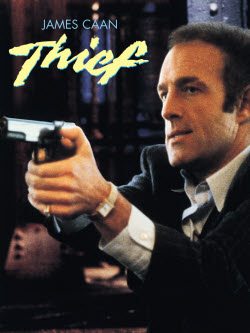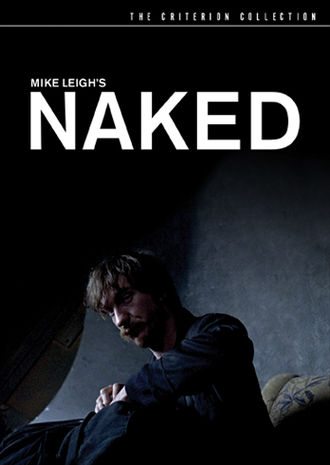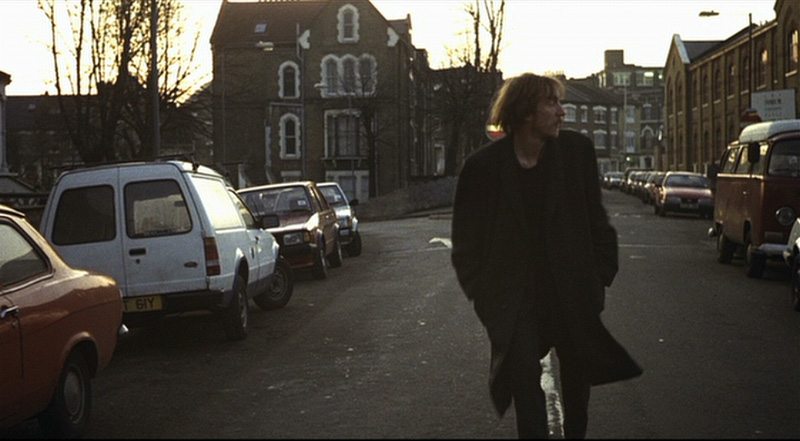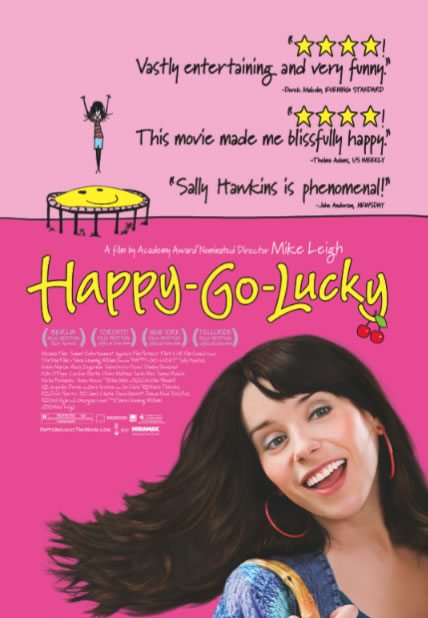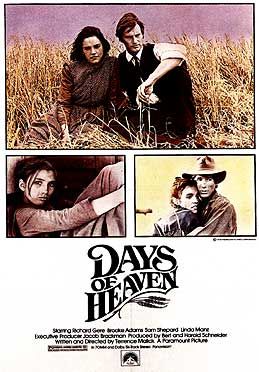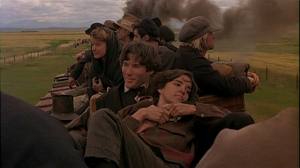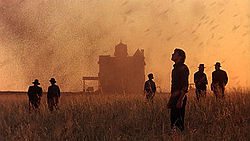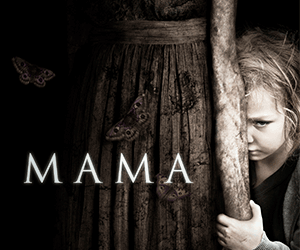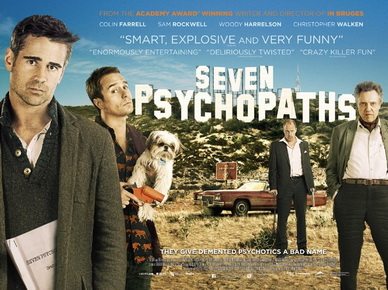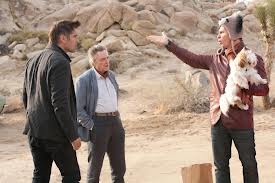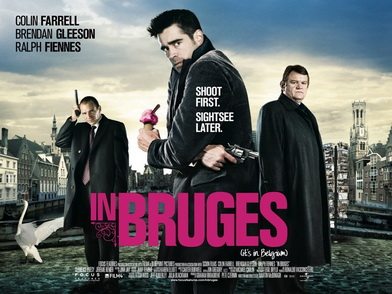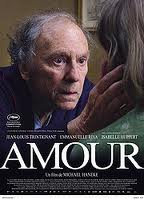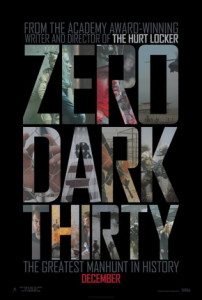I’m of the opinion that anything is worth doing if you accumulate knowledge. I am therefore of the opinion that if nothing else comes from my Netflix’d column (money, career prospects, writing experience, etc.) then it will have all been worth it just to have had a better grasp on this fact: Netflix takes down movies and shows eventually. I had originally intended to have this article be a review of the brilliant British sitcom Peep Show, but unfortunately it would appear that it has been removed from instant streaming. In that case, I will be doing another movie review for this week, so make sure you catch Thief before it goes the way of Peep Show.
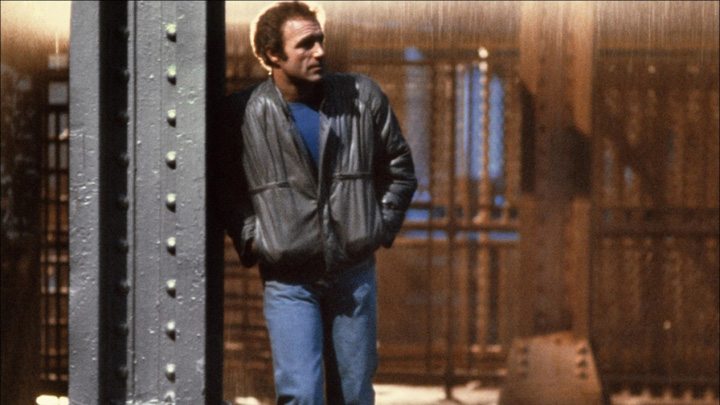
Title: Thief
Director: Michael Mann
Writer: Michael Mann
Year: 1981
Running Time: 122 minutes
Starring: James Caan, Tuesday Weld, Robert Prosky, Willie Nelson
Genre: Crime Drama, Neo-Noir, Heist flick
Similar To: Rififi, The Long Good Friday, Heat
Film maker Michael Mann has been going through a bit of a rough phase as of late. His last two films (Miami Vice, Public Enemies) received negative reviews, and his HBO series Luck was cancelled after one season not for it’s low ratings, but because of PETA concerns surrounding the fact that three horses had been killed during the show’s production. From his recent work, it can be hard to recall that at one point the director was seen as a very consistent and appealing director. Known for his strong visuals and keen ear for selecting memorable soundtracks, Michael Mann has had a really interesting film career, especially when you consider he was the first director to bring Hannibal Lecter to the big screen (Manhunter), as well as have Robert DeNiro and Al Pacino share a scene (Heat). The 70-year old filmmaker is actually rather under-appreciated when one thinks about how often his name is brought up compared to peers like Martin Scorsese, and I actually feel his first film, 1981’s Thief, may actually stack up as his very best picture

